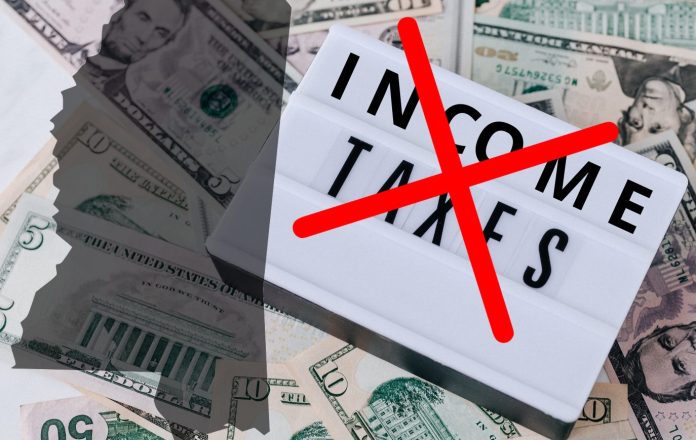Will Mississippi join the trend of states lowering, cutting taxes?
Published 9:50 am Friday, December 10, 2021
Across the nation, state lawmakers prepare for legislative sessions with budgets flush with case as the pandemic wanes and billions in one-time federal funding for state and local governments flows down like rain. Elected officials in Republican and Democrat controlled states have been making plans to lower rates and cut taxes.
Will Mississippi join the trend?
According to The Hill, more than a dozen states this year have introduced measures to reduce either corporate or personal income tax rates. Another half a dozen states have added tax exemptions for things such as federal stimulus money, unemployment payments, or reduced property and service taxes.
With the 2022 legislative session just weeks away, the question of whether Mississippi will join the trend of states who are lowering and cutting taxes still lingers, specifically as it relates to the state income tax.
Since taking office last year, Governor Tate Reeves has made it one of his top priorities to eliminate the state income tax. However, lawmakers have not been able to compromise on how to get there.
Reeves is adamantly opposed to tax swaps that would phase out the income tax while raising taxes in other areas to essentially make the impact on the state budget a wash. In his office’s FY 2023 Executive Budget Recommendations, the Governor included agency cuts and a plan to eliminate the income tax.
Governor Reeves proposed allocating $1 billion of excess revenue towards eliminating the state individual income tax. By doing this, Reeves says that it will eliminate the 4% bracket in FY 2023 along with a significant portion of the 5% bracket in Calendar Year 2023.
In August, the Mississippi Legislature’s Joint Tax Study Committee held two days of hearings as state and national experts testified about the possible benefits and challenges of scrapping the income tax.
While most of those experts agreed that there is benefit in eliminating the income tax, Bigger Pie Forum said, the bulk of the conversation surrounded the question of how to replace that revenue in order to fund state government.
During the 2021 session, Speaker of the House Philip Gunn offered his own plan to eliminate Mississippi’s income tax. Gunn’s bill was comprised of 10 year phase out of the individual income tax, cutting the grocery tax from 7% to 4%, increasing the state’s sales tax by 2.5%, and more. Though the bill passed the House by a vote of 85-34, the Senate raised many objections.
Florida, Tennessee, and Texas are some of the states that do not have a state income tax.
According to Bankrate, in the absence of an income tax, Florida relies heavily on sales taxes and property taxes. Texas levies a state sales tax of 6.25%, and local jurisdictions can levy up to 1.94% in additional taxes, for a combined rate of 8.19%. Tennessee used to tax dividends and interest in the “Hall Tax,” but that was phased out in 2021. Tennessee also has a state and local sales tax rate of 9.55%.
The Mississippi Joint Legislative Budget Committee released its recommendations for the FY 2023 state budget this week. That $6.4 billion spending did not take up the elimination of the income tax. Those discussions will be left to the appropriate committees in the two chambers during the upcoming session.





